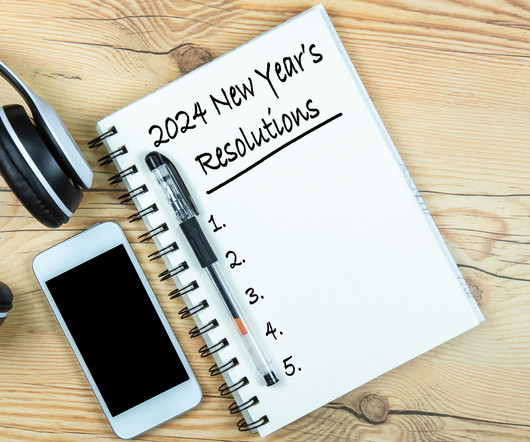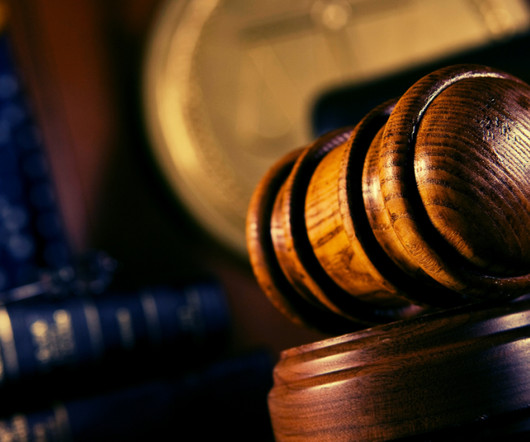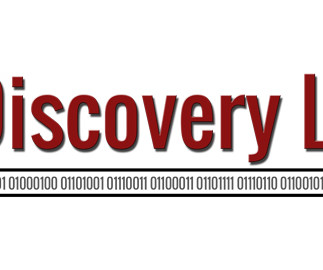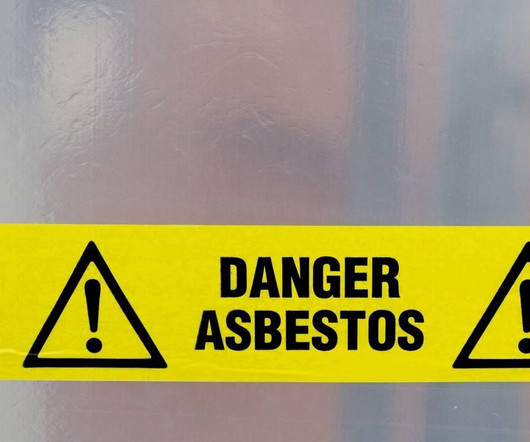Best Evidence Rule Requires Post-Level Collection for Social Media Evidence
Next Generation E-Discovery Law & Tech Blog
AUGUST 30, 2023
By John Patzakis The Best Evidence Rule, as codified in Federal Rule of Evidence 1002, provides that an original writing, recording, or photograph is required to prove the contents of the document. The plaintiff had deleted his Facebook account resulting in lost evidence critical to the case.




















Let's personalize your content